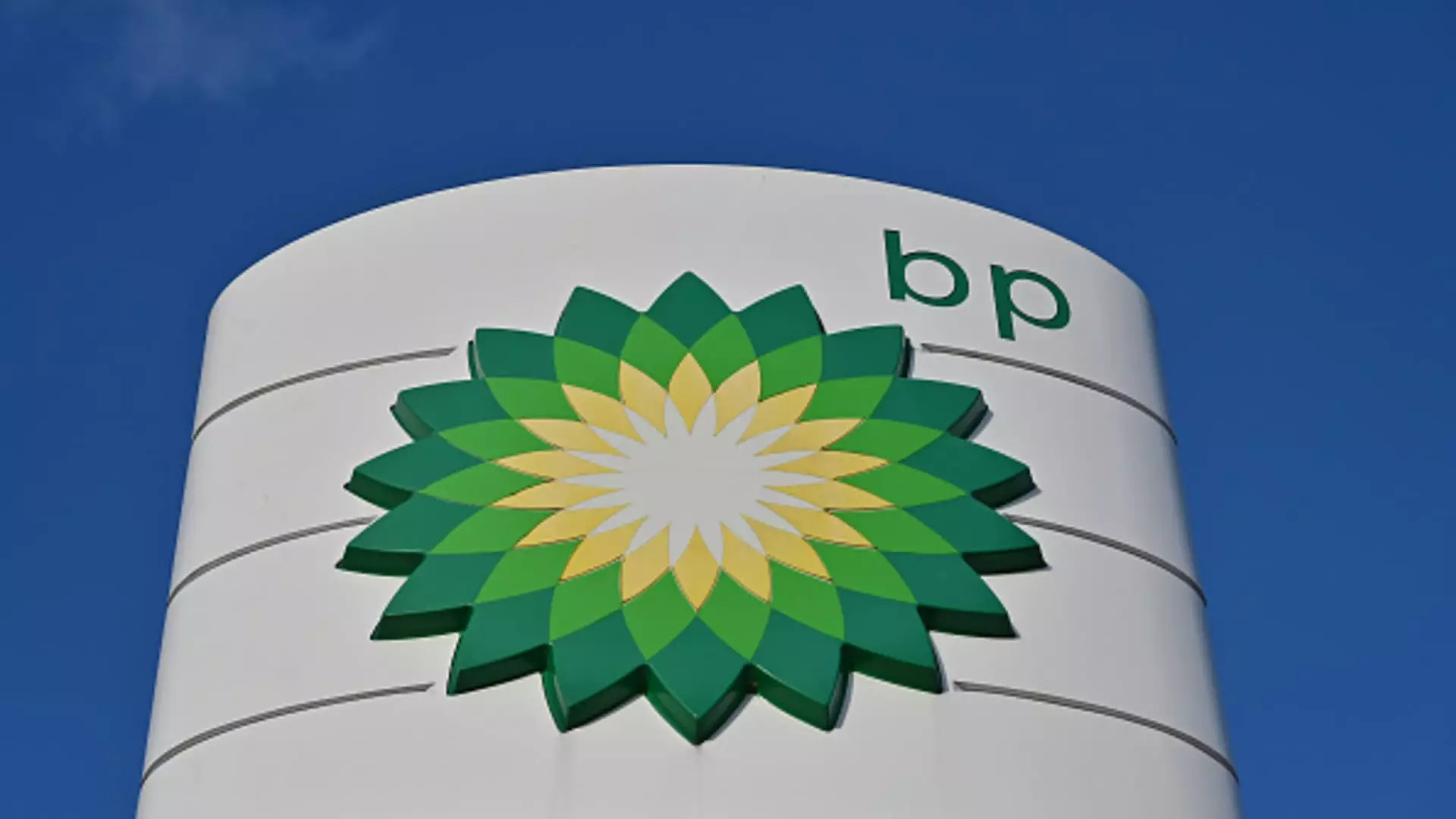British oil giant BP surprised analysts with its stronger-than-expected net profit for the second quarter. Despite warning of lower refining margins, the company reported an underlying replacement cost profit of $2.8 billion, beating expectations of $2.6 billion. This positive performance led to an increase in dividend and maintained share buyback program, demonstrating confidence in BP’s outlook.
The net profit of $2.7 billion for the first quarter and $2.6 billion for the second quarter of 2023 showcase a consistent performance by the energy firm. The decision to increase the dividend by 10% to 8 cents per share and maintain the share buyback program at $1.75 billion over the next three months reflects BP’s commitment to enhancing shareholder returns.
BP confirmed a writedown of $1.5 billion, citing weak refining margins and lower oil trading results. The decision to scale back refinery operations at its Gelsenkirchen plant in Germany is part of the company’s strategy to drive focus across the business, reduce costs, and build momentum towards its goals for 2025.
Despite challenges, BP managed to reduce its net debt to $22.6 billion at the end of the second quarter, down from $23.7 billion compared to the same period last year. This reduction in debt signifies a positive step towards financial stability and long-term growth.
BP’s stock price rose 2% following the announcement of its second-quarter results, indicating a positive response from investors. Analysts at RBC Capital Markets described BP’s earnings as “resilient” and highlighted the dividend increase and reduction in net debt as key factors contributing to investor confidence.
Under the leadership of Bernard Looney, BP had pledged to reduce overall emissions by 35% to 40% by the end of the decade. However, recent reports suggest a shift in the company’s climate plans, with a target of 20% to 30% emission reduction. This change has raised concerns among investors and activists regarding BP’s environmental commitments.
BP’s strong second-quarter performance, despite challenges in the industry, highlights the company’s resilience and commitment to delivering value to shareholders. By focusing on operational efficiency, debt reduction, and shareholder returns, BP is positioning itself for long-term success in a rapidly changing energy landscape.
While BP’s financial results for the second quarter exceeded expectations, the company faces challenges in maintaining investor confidence amidst shifting environmental commitments. By addressing these challenges proactively and staying true to its strategic objectives, BP can continue to navigate the complexities of the energy sector and drive sustainable growth in the future.

Leave a Reply